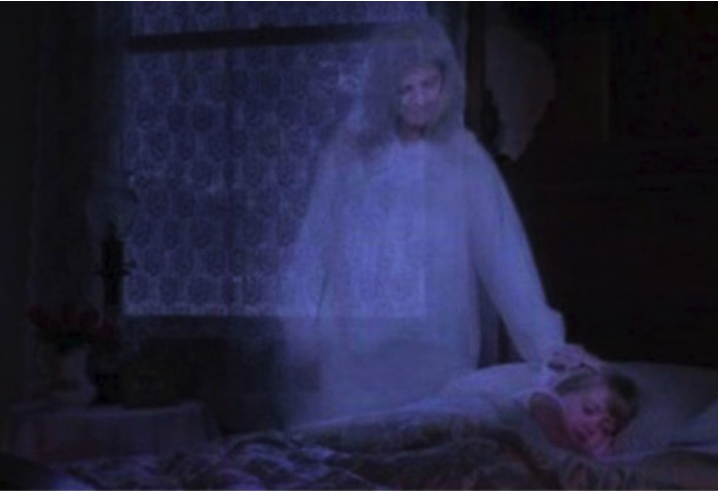Dreaming of a loved one who has passed away can evoke strong emotions and leave you feeling unsettled. Some believe that encountering a deceased person in your dreams—whether through a conversation or merely observing them—signals unexpected news or significant life changes on the horizon.
This interpretation can also lead to uncertainty, as it suggests the person appearing in the dream may not have found peace. Religious teachings often recommend performing additional rituals to honor their needs or bring them closure.
From a psychological perspective, dreaming about an unfamiliar deceased person might symbolize the end of a specific chapter in your life.

Dreaming of someone who has passed away might symbolize unresolved emotions or fractured social bonds.
If the person in your dream was someone close to you who recently passed, there’s no need for alarm—it simply reflects the natural process of grief and your ongoing struggle to cope with the loss. This is a normal part of healing.
These dreams can also leave you feeling drained or stuck, as though you’re treading carefully through life but unable to move forward, no matter how hard you try. In this context, the deceased person in your dream could represent a part of yourself that you’re ready to release or let go of.
The meaning behind such dreams can vary widely, depending on the specific details surrounding the departed person’s presence in your dream.

If the person is still alive but plays a minor role in the dream, it might reflect suppressed feelings for them—perhaps a lingering affection that brings pain or stirs other intense emotions.
If the deceased plays a central role in your dream and you’re trying to help them, it could signify unresolved matters or lingering guilt about your relationship with them when they were alive.
When the departed offers you advice in the dream, it suggests a need for guidance, reassurance, or protection in your waking life.
Dreams like these often mirror feelings of vulnerability and isolation, with the presence of a guiding spirit offering comfort and solace.
Research conducted in 1992 categorized similar dreams into four types. One type, often called “resurrection dreams,” accounted for 39% of the cases. In these dreams, the dreamer is surprised to see the deceased alive, reflecting a subconscious denial of their passing.

The second type of dream, accounting for 23%, involves the dreamer receiving guidance from the departed. These dreams often occur long after the loss and evoke positive emotions, reflecting the dreamer’s acceptance of the situation.
The third type, reported by 29% of participants, features the deceased saying goodbye and offering reassurance, leaving the dreamer with a sense of comfort and closure.

The fourth and final type of dream, accounting for 18% of cases, involves the dreamer reflecting on their own life while thinking of their departed loved one, adding a philosophical dimension to the experience.
Such dreams indicate that the subconscious is working to process grief and loss. While they suggest that you may be coming to terms with the passing of a loved one, they can also provide a sense of wisdom and protection.
Although these types of dreams are less common, they hold significant meaning. It’s important to pay attention to them and explore what they might reveal about your current emotional state and inner thoughts.




